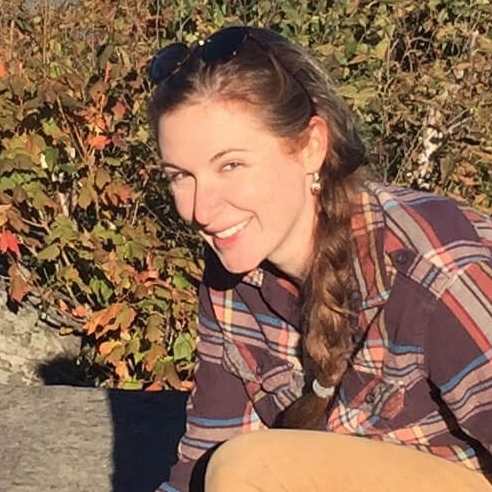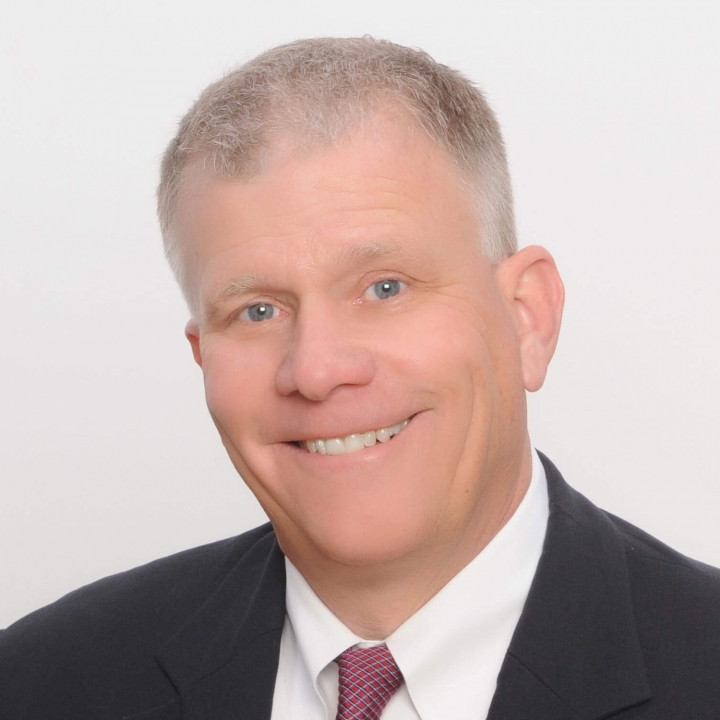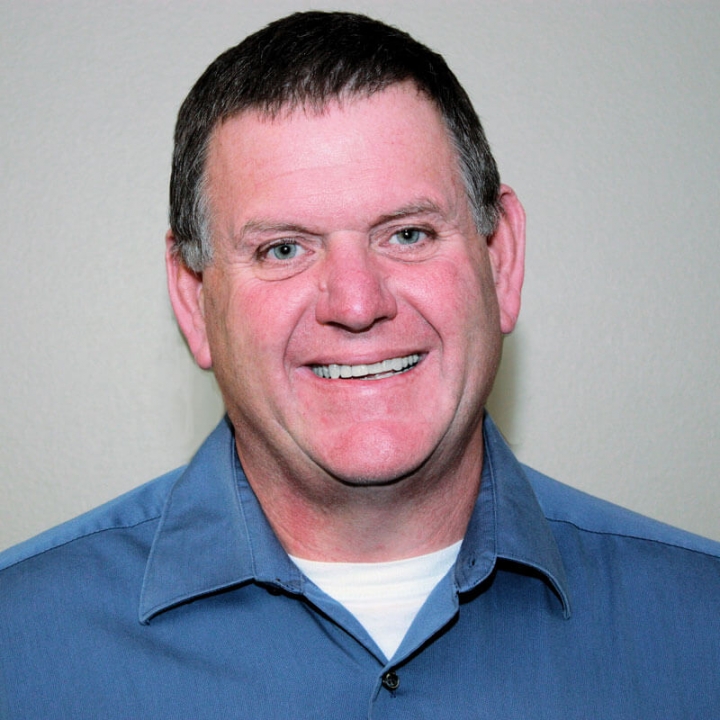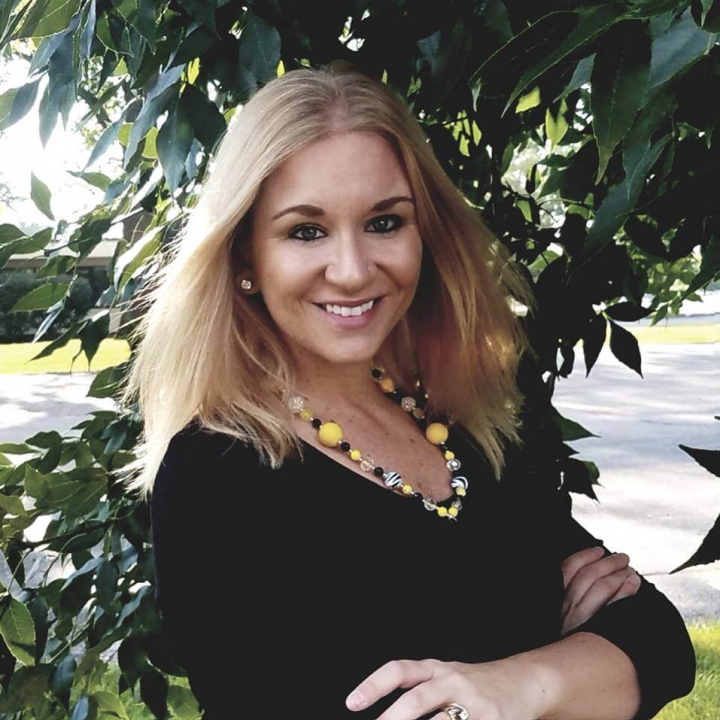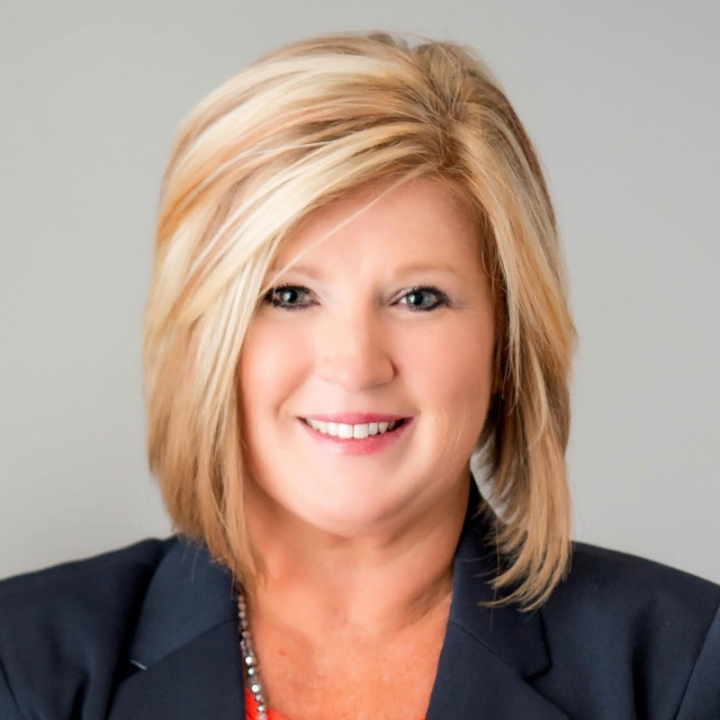On a gray Saturday morning wet with April snow, eight storytellers met in the IHRC offices. The stories they told were small in scale and personal, with great power to explain the mission of IHRC.
Everyone’s story is worth telling. That’s the fundamental truth of StoryCenter. For three decades, StoryCenter has been supporting organizations and individuals in using digital storytelling for reflection, education, and social change.
As a storyteller and facilitator, I’ve seen the StoryCenter model help people transform their most meaningful moments into powerful video stories. These stories empower tellers and engage viewers. The IHRC community is rich with stories that deserve to be heard. So last spring, researchers from the University of Iowa College of Public Health, the College of Education, and I ran the first digital storytelling workshop at IHRC.
Digital stories are three-minute videos with narration, photos, and artwork. They aim to capture some moment from our personal stories that can have a greater meaning and resonance.
At first, distilling a journey of decades into 400 words is overwhelming – how do you pick just one meaningful moment from a life full of them? But storytellers trusted in the process, and pushed back when they needed to. A 40-minute story circle for sharing and refining narratives turned into an epic three-hour bonding session as storytellers spilled over with life histories, listening to others and reflecting love and support. Storytellers said they valued the opportunity to talk without being judged, to give support to others, and to help advocate for people whose voices should be heard.
Recording audio, adding images, and editing videos ran right up against the end of our second day. By Sunday afternoon, we were ready for the screening. Each video is deeply personal, beautiful, and worth seeing. These are stories of drug use, sure, but mostly they follow those human arcs we all share. Finding hope, leaving home, being a family, loving your kids, becoming an artist, saving someone’s life, changing yours.
I don’t want to give too much away. You should seek these stories out and watch them. With more workshops planned for next year, we hope to give more people the opportunity to tell their IHRC stories.
One of my favorite writers, Chimamanda Ngozi Adichie, talks about the what she calls the single story. “The consequence of the single story is this,” she says “It robs people of dignity. It makes our recognition of our equal humanity difficult. It emphasizes how we are different rather than how we are similar.”
The stories created in our workshop challenge the stereotypical single story of drug use. With the permission of the storytellers, they’ll used in IHRC education and advocacy work. As one storyteller said, “I think pretty much everyone could benefit seeing them, to help people understand that us drug users are just as human as non-users.”
Written by:
Rachel Young, MPH, PhD
Assistant Professor
School of Journalism and Mass Communication
University of Iowa


